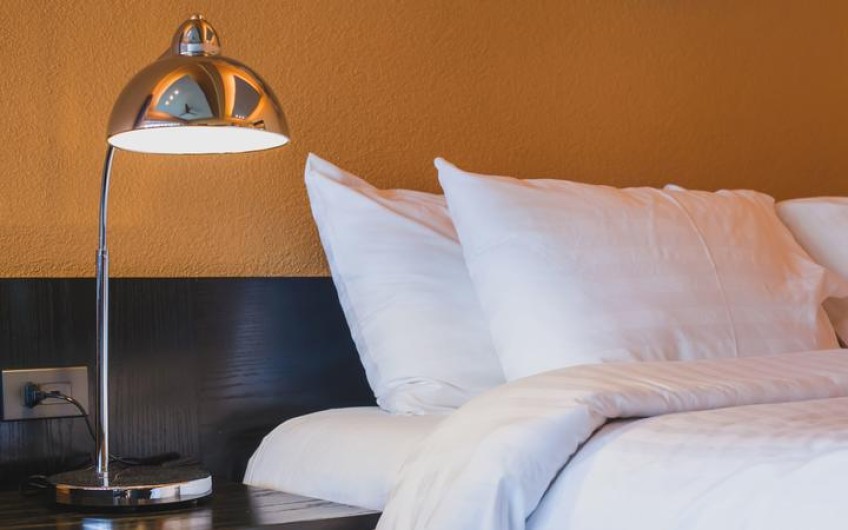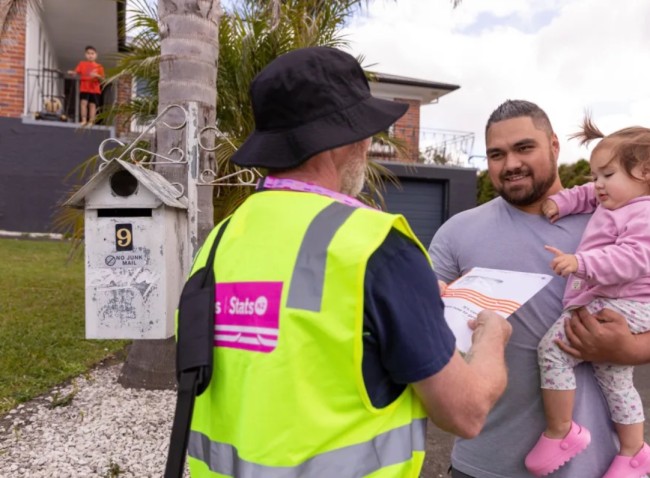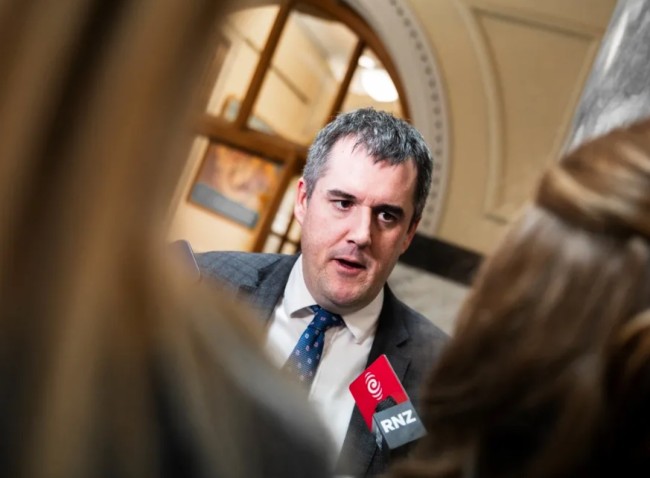
Officials try to track 14,000 people to bill them for managed isolation fees
Officials are trying to track down more than 14,000 people who have automatically had free stays in managed isolation and quarantine.
Cabinet documents show the Ministry of Business, Innovation and Employment has struggled to get enough information and contact details to bill one in four returnees, while its requests to move to a pay-before-stay system were declined by the government.
In February's report to government officials, the ministry describes the MIQ fees scheme as "complex", "challenging", and "administratively burdensome".
It has been in place since August and requires returnees who do not qualify for a fee waiver to pay at least $3100 towards their stay, if they are coming to the country for less than 180 days.
While the ministry has collected $50 million to date, with at least 67 percent of returnees paying on time, the documents reveal the ministry expected debt collectors would be needed for 40 percent of returnees.
A document from April shows invoices were being sent an average of 43 days after the person's stay.
In addition, 14,197 invoices have not been sent out at all - that's 23 percent of returnees - because the ministry hasn't been able to confirm their contact details, or if they are liable to pay.
Waikato University international law professor Alexander Gillespie said officials could do much better.
"This is just messy. This type of bureaucracy just should not exist," he said.
"We made an exception to get these people home. We subsidised the cost. We carried the risk to allow them into the country. We should make sure at a minimum, that they pay their fair share. If that means that you've got to change the law or the machinery around it so that people can be tracked and held to account then we should do it."
In the documents, the ministry said people's personal details, travel dates, room allocation and contact details needed to be pulled from different sources, which takes "substantial manual processing and review".
National Party Covid-19 Response spokesperson Chris Bishop said that takes many returnees by surprise, because they expect to pay at the door.
"There are actually people out there who want to pay, want to do the right thing and make a contribution and pay their bills, and they're actually stymied by the government. So it's quite a bizarre situation.
"You've got some people who've absconded and just aren't paying, and you've got other people who are really keen to pay, but they just find it really difficult because of the way the system works," he said.
Number liable to pay higher than expected - MBIE
Officials appear to have been caught off guard.
The ministry has spent more than four times as much money running the fees scheme as it expected - $1.3 million in six months.
Joint head of MIQ Megan Main said demand had been higher than estimated.
"The number liable for paying is higher than those original estimates. But also what we've seen is the vast majority of returnees have been paying their bills," she said.
More people are needing to be charged to say in MIQ facilities than MBIE originally expected. Photo: RNZ / Dan Cook
The documents show by February, about 22 percent of all returnees were liable for MIQ fees.
Main said to date returnees have paid $50m out of $57m which is due, while debt collectors are on standby for 928 invoices, worth $2.8m, that are more than 90 days overdue.
Main said the ministry had moved to an automated billing system, aiming to chop down the average invoice time to two weeks.
Returnees will soon have 30 days to pay their bill rather than 90 days, and they will be offered credit card payment.
The ministry is also now getting daily data from Immigration New Zealand, making it easier to get people's details.
Main said it may be possible to backtrack and chase up the thousands of returnees who might think they have been forgotten about.
"We're in the process of going back through those cases to see if they're liable to pay. Not all of them will be liable to pay. But where they are we'll be in touch with them," she said.
However, those changes might not be what the ministry ultimately hoped for.
Cabinet documents show the ministry asked government if it could bill returnees at the start of their stay - noting the system was designed to avoid any barriers on the rights of New Zealanders to return home.
"The longer payment period increases the risk of non-payment and debt write-off as well as enforcement costs and general appropriation management."
It said options to pay in advance should be considered.
Gillespie said the government's refusal was the right choice.
"I think the government have got that one right. I think you need to facilitate the ability of Kiwis to come home, and there is a degree of urgency to get them back. If you've got a barrier right at the front that says you've got to have the cash right upfront before you come into the country - that would be wrong," he said.
Main said the ministry will keep learning and improving its fees system, while "actively pursuing the money that's owed".































